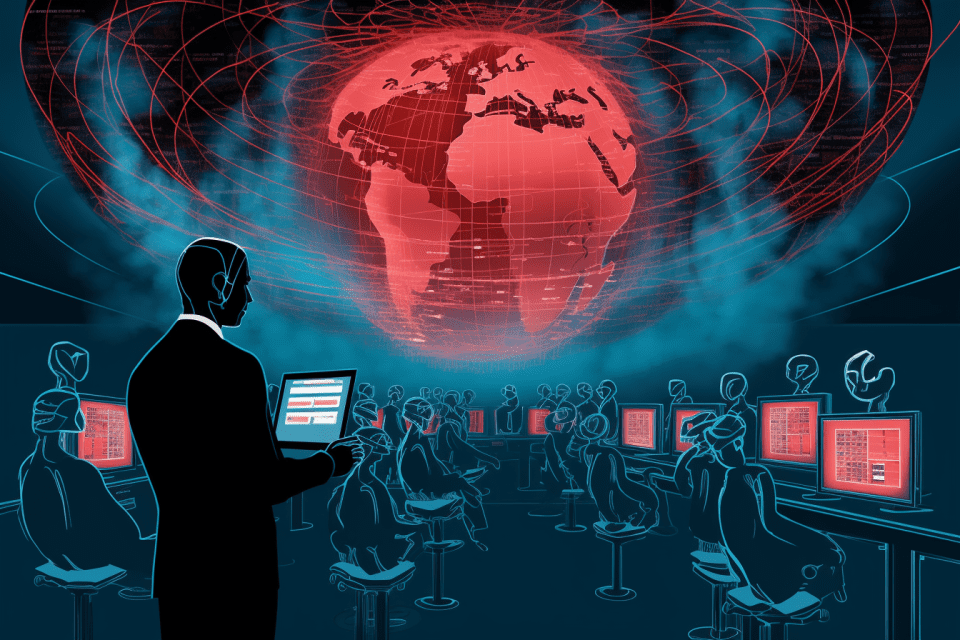The Impact of Artificial Intelligence on the Global Job Market
The International Monetary Fund (IMF) has recently issued a significant warning about the potential impact of Artificial Intelligence (AI) on the global job market. According to a recent report by the IMF, AI could affect nearly 40% of jobs worldwide, with this figure rising to 60% in advanced economies like the UK.
Reshaping the Nature of Work
Traditionally, automation and information technology have primarily affected routine tasks. However, AI has the potential to extend its reach to higher-skilled jobs, which brings both risks and opportunities. While about half of the jobs in advanced economies could benefit from AI integration, enhancing productivity, the other half could face the threat of AI applications replacing tasks currently performed by humans. This could potentially lead to lower labor demand, reduced wages, and even job losses in extreme cases.
The Inequality Challenge
One of the major concerns surrounding AI is the exacerbation of income and wealth inequality. AI could lead to a polarization within income brackets, where workers who can effectively utilize AI might see increases in productivity and wages, while others could fall behind. Younger workers may adapt more easily to the opportunities AI presents, but older workers might struggle with the transition.
Global Disparities
The impact of AI is expected to be less severe in emerging markets and low-income countries, with an estimated 40% and 26% of jobs affected, respectively. However, these regions might not have the necessary infrastructure or skilled workforce to fully harness the benefits of AI. This raises the risk that AI could worsen inequality among nations over time.
Policy Responses and Preparedness
To address these challenges, IMF Managing Director Kristalina Georgieva emphasizes the need for comprehensive social safety nets and retraining programs for workers vulnerable to AI-induced job displacement. The IMF has developed an AI Preparedness Index to help countries assess their readiness in areas such as digital infrastructure, human capital, labor-market policies, and regulation. While wealthier economies tend to be better prepared for AI adoption, there is considerable variation across countries.
The Immediate Impact
The effects of AI on employment are already becoming visible, with companies like Google and Paytm reporting layoffs attributed, in part, to the incorporation of AI tools. This highlights the urgent need for proactive global strategies to navigate the transformative impact AI is having on the workforce.
Conclusion
As we enter the AI era, it is crucial for nations to establish policies that not only leverage AI’s benefits but also mitigate its potentially disruptive effects on the job market. The IMF’s warning and recommendations highlight the need for a balanced approach to ensure that AI’s integration into the global economy benefits humanity as a whole.

